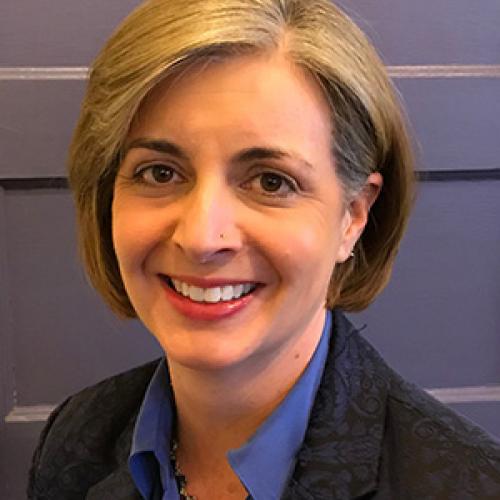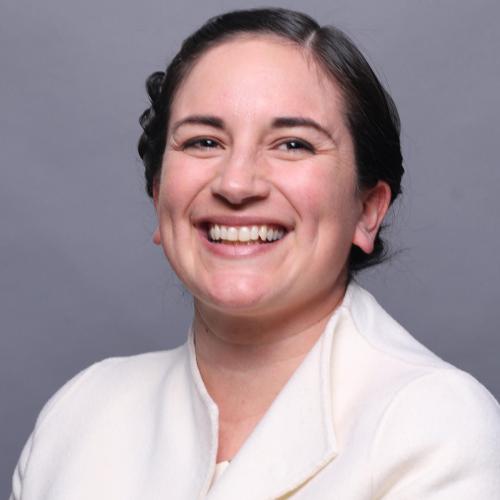The iSchool's Library Resources for Spanish Speakers (IS 563 SSO) course was featured in a session at Seguimos Creando Enlaces (Creating Connections), a virtual conference held on March 25. Adjunct Lecturers Pamela Espinosa de los Monteros and Anne Barnhart teach the course, in which students explore differences in U.S. Spanish-speaking populations and examine information resources for meeting their needs. At the session, moderated by Barnhart and Espinosa de los Monteros, MS students Kristin Greer Love, Lea Weatherall, and Sylvia Figueroa-Ortiz as well as recent graduates Eddie Kristan (MS '20) and Aldo Vasquez (MS '18) shared their experiences taking the course.
Students in IS 563 focus on one library community of their choice and throughout the semester explore and evaluate library resources, collections, and services offered to Latinx and Spanish-speaking communities at real libraries throughout the country. Through course readings and discussion, students are asked to challenge assumptions and unpack the complexity of Latinx identity as well as reflect on how best to support Spanish speakers and Latinx communities through libraries. The students then act as consultants for their final assignment, recommending services, specific titles to add to the collection, and other resource improvements.
In July, several students will present at SALALM (Seminar on the Acquisition of Latin American Library Materials), connecting what they have learned in IS 563 with their other interests and passions.
"One of the students, Ruby Martínez, used to be a dancer in a ballet folklórico in Texas and wants to present on the need for libraries to collect materials related to this tradition and these dance groups," said Barnhart. "I think that's fabulous—she will present at a conference of librarians and encourage them to collect these culturally rich materials."
The course has gone through various iterations since it was introduced in Spring 2008. Early versions focused on academic libraries, with the course later expanding to both academic and public libraries, even including an optional trip to attend a book fair in Guadalajara, which Barnhart and Espinosa de los Monteros hope to resume post-pandemic.
"Latinx and Spanish-speakers represent an important and growing library community," said Espinosa de los Monteros. "Preparing the next generation to meaningfully engage and support library users with rich linguistic and cultural backgrounds is essential. This course nurtures a space to creatively explore designing inclusive and equitable library services that are needed. Our students this semester have been inspiring. They have worked hard to learn more about this community in order to be librarians that can serve all users."

